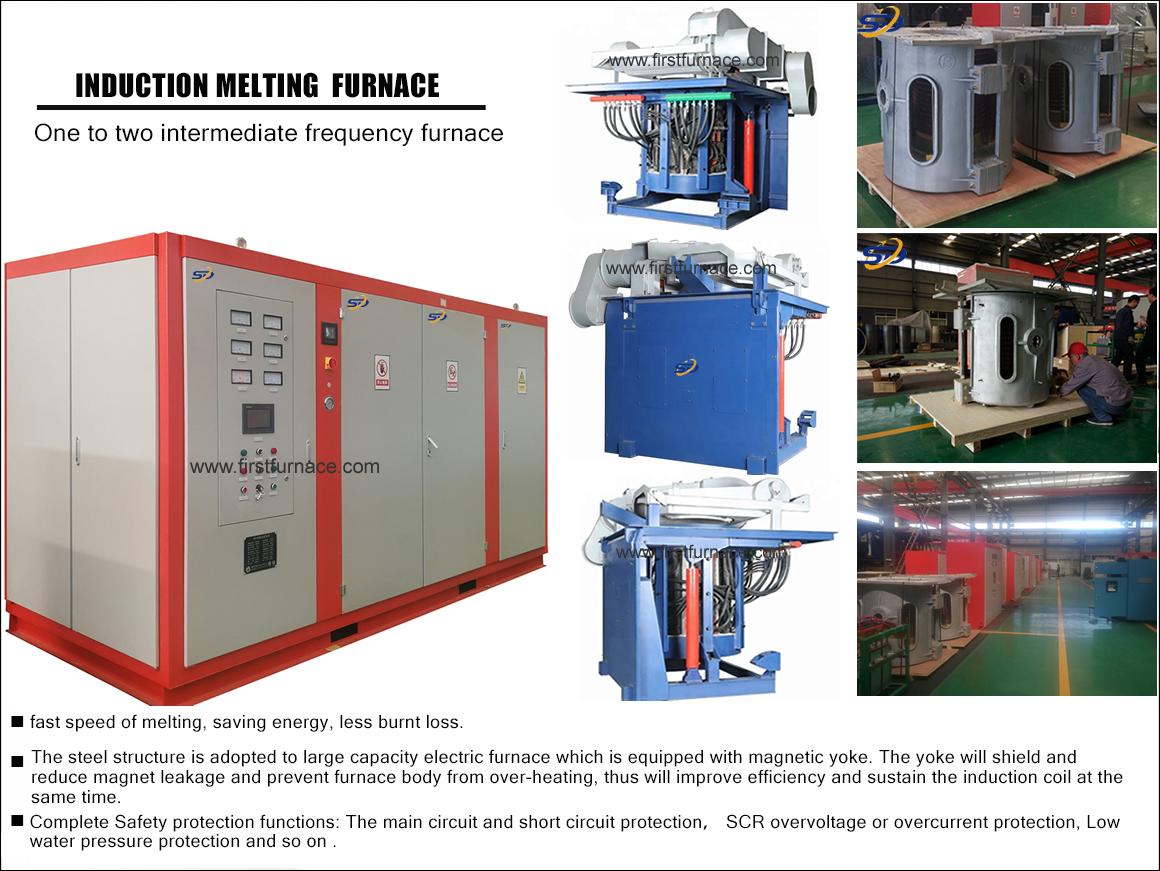Contact
Tel: 18037961302
Sales hot line ( 24 hours service): 18037961302
Sales hot line ( 24 hours service): 18037961302
E-Mail: firstfurnace@gmail.com
whatsapp:+8618037961302
Adress: Luoxin Industrial Park, Luoyang, HenanLarge diameter steel pipe quen
Piston rod quenching and tempe
Grinding rod quenching and tem
High frequency induction heate
Quenching equipment for machin
Round steel end heating furnac
Steel pipe heat treatment prod
Square steel quenching and tem
Sucker rod quenching and tempe
Thickened petroleum steel pipe
Round steel quenching and temp
Steel pipe quenching and tempe
Steel plate quenching and temp
Induction Hardening Machine&nb
Flywheel ring gear high freque
Industrial electric furnace technical information
The intermediate frequency furnace is mainly used for heating and melting various metal materials and is widely used in the foundry industry. If the production process of the intermediate frequency furnace is not strictly carried out in accordance with the requirements of the intermediate frequency furnace smelting process and the requirements of the use specifications, it is easy to cause irreparable dangerous accidents.
1, explosion
The intermediate frequency furnace may not pass the refractory materials or be unqualified for baking, excessive use, defective cooling water pipes or water overheating and cracking, which may also cause the furnace refractory materials to burn through and cause molten steel leakage, which may cause fire and explosion. During the smelting process, if there is stagnant water in the pit of the intermediate frequency furnace, when molten steel leaks, the molten steel will rapidly vaporize the water, which will cause an explosion accident, cause damage to the structures, and cause impact injuries and burns to the surrounding people. hurt.
2, burning
Personal scalding injury is one of the common accidents in medium frequency furnace leakage and scalding. Most of the scalding accidents are mainly concentrated in front of the furnace and during the casting process. When an intermediate frequency furnace explodes, splashes of molten steel, or passes through the furnace, a large amount of molten steel leaks, often resulting in burns to workers. During the process of feeding, temperature measurement, sampling, observation in front of the furnace, tapping, slagging, and molten steel hoisting in the intermediate frequency furnace, if the on-site personnel operate improperly, or the high temperature molten steel splashes with water, it may easily cause burns.
3. Fall from height
There are high places such as factory buildings, sand silos, hearths, and vehicle maintenance platforms in the intermediate frequency furnace area. If the corresponding protective measures, such as wearing safety belts, are not used during the above-mentioned locations for maintenance, construction, or other operations, it is likely to cause Fall from a height.
4.Lifting injury
佩 Frequent use of cranes for lifting operations in the plant. If the hoisting ropes and slings meet the scrapping standards and are not scrapped during the hoisting process, illegal operations such as overdue inspections, improper command coordination, and overweight hoisting may cause lifting injuries, equipment damage, and casualties.
5. Vehicle injury
The raw materials are transported in by cars, the products are transported by cars, and the sandboxes are transported by rail cars. If the driver of the car has poor visibility and improper supervision by the supervisors during the transportation, it may cause vehicle injuries to the site personnel.
6.Mechanical injury
There are mechanical rotation or mechanical reciprocating parts such as electric fans, furnace tilting devices, hand-held power tools, air compressors, and vacuum pumps in front of the oven. If there are no protective devices or warning signs, mechanical injuries may be caused to personnel.
7. Object strike
僅叢 The broken pieces of abrasive tools flying out and the transmission belt broken and flying out easily cause the object to hit and hurt; if the heavy objects are not fixed and dropped, they will also hit the object. If the hydraulic leveler has no protective facilities and the operator fails to operate according to the operating procedures, it will cause steel parts to fly out and hurt people.
8. Electric shock
Medium-frequency furnace molten steel, transformers, control cabinets, capacitors, busbars, water-cooled cables, furnace rings, tilting mechanism motors, driving, furnace front fans, lighting fixtures, electric heating drying rooms, sand processing equipment, hand-held power tools, vacuum pumps, etc. There is high voltage when power is used for driving or running. If the above-mentioned places use electrical lines, switches, equipment without installed leakage protectors, ungrounded, broken insulators, exposed live bodies, etc., it may cause on-site operators to get an electric shock.
9. Heatstroke
Middle-frequency furnace hearth, casting area and sand treatment area are high temperature places. Due to the long time of high temperature operation in the production of smelting, casting, falling sand and heat treatment, and the high temperature molten steel and castings are open during transportation, a lot of heat will be emitted, and the operator will be injured by high temperature radiation. Dehydration, heatstroke and other phenomena were also observed during operation.
10. Noise
How to solve the noise of the intermediate frequency furnace is a problem that plagues many users. During the smelting of the intermediate frequency furnace, AC sound will be generated. The fan in front of the furnace, vacuum pump, grinding equipment and sand processing equipment will also generate noise. The huge noise will cause sound pollution to the surroundings and disrupt work. Attention of personnel during production operations affects the daily life and rest of the surrounding residents.
11.Dust
The smelting of intermediate frequency furnaces due to impurities such as grease, rust and dust in scrap steel. Dust and harmful gas are generated during sanding and sanding during casting, and SiO. Sand dust is generated when the mold is buried in the box and the sand is processed. If there is no corresponding protective measures for long-term operation in the above places, operators may be affected by occupational hazards such as noise and dust. Occupational diseases such as occupational deafness, pneumoconiosis, etc.
12.Poisoning
Smelting and casting processes will produce toxic and harmful components such as sulfur dioxide and carbon monoxide. If the smoke and ventilation are poor, long-term repeated inhalation may cause chronic poisoning, damage to the respiratory system and cardiovascular system of the site workers.
The above is the answer to the dangers of the intermediate frequency melting furnace. During the production process, the daily maintenance of the intermediate frequency furnace should be done well, and precautionary measures should be taken to avoid such dangers.
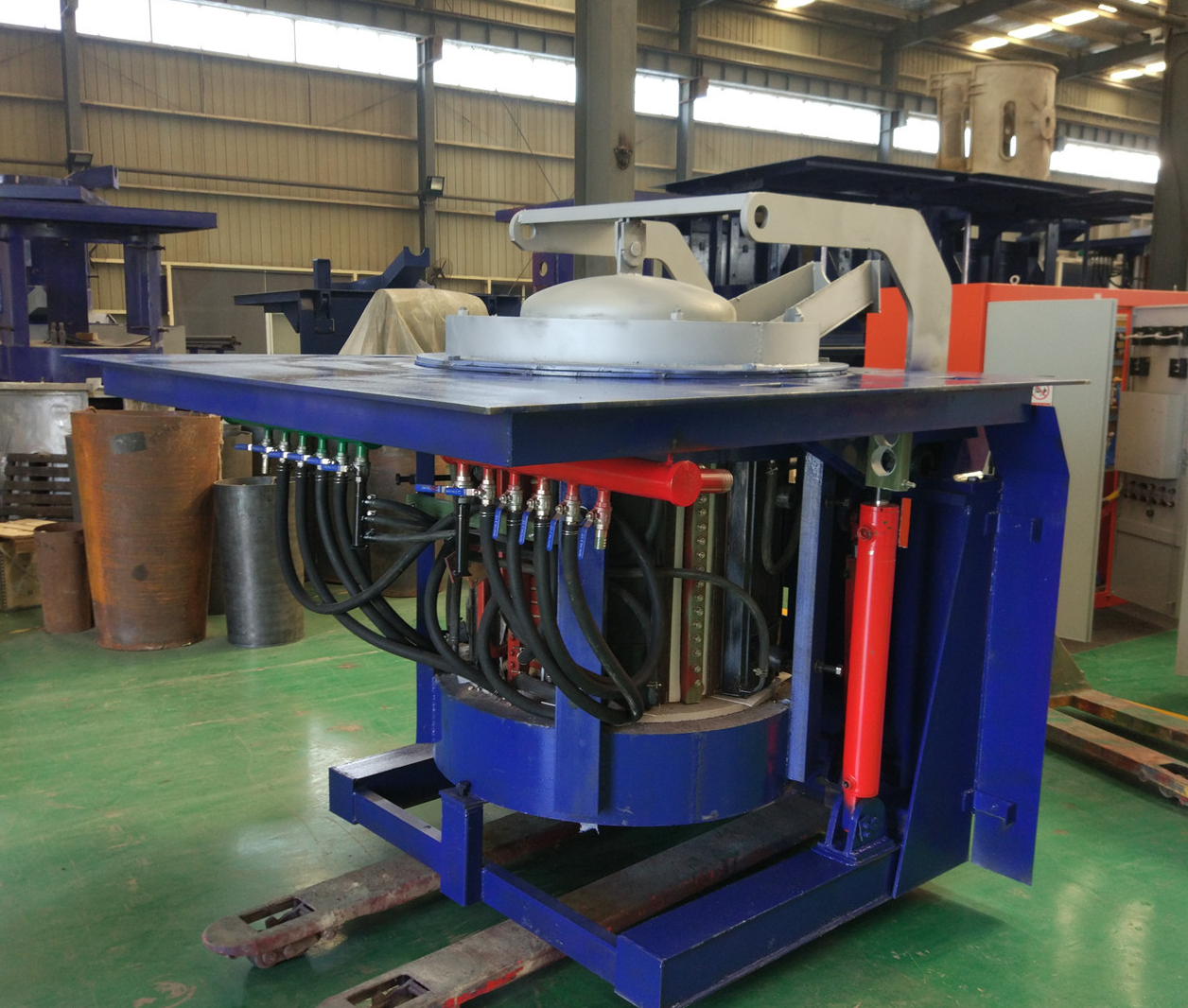
Iron induction furnace
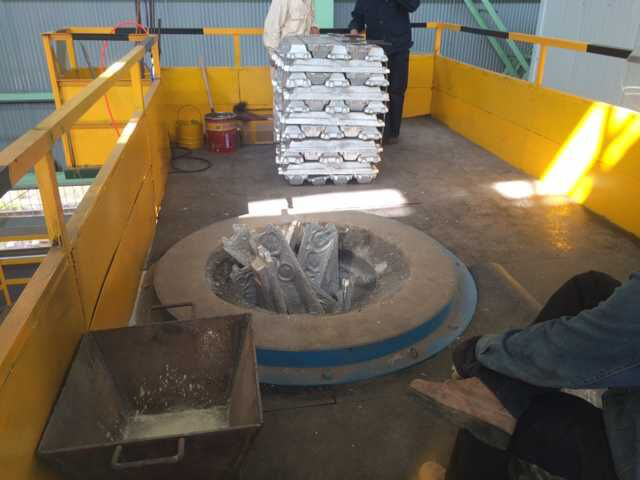
Aluminum melting furnace
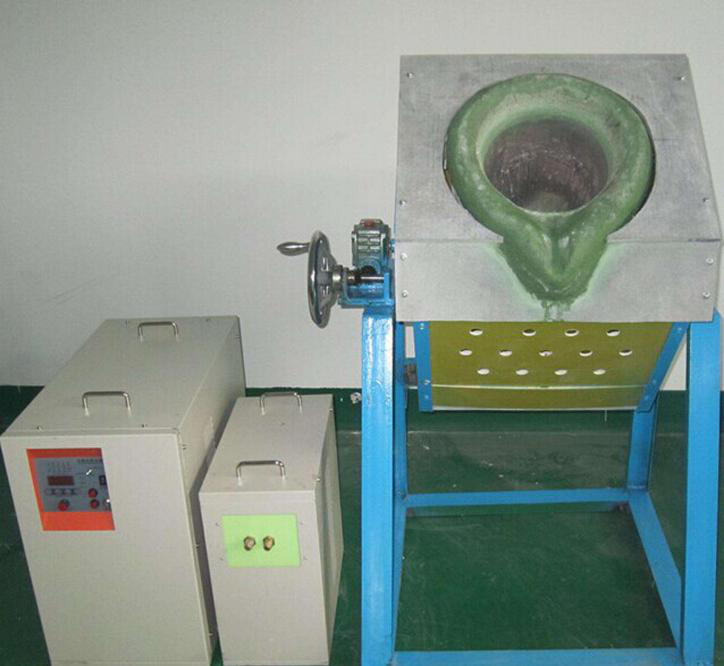
Copper melting furnace
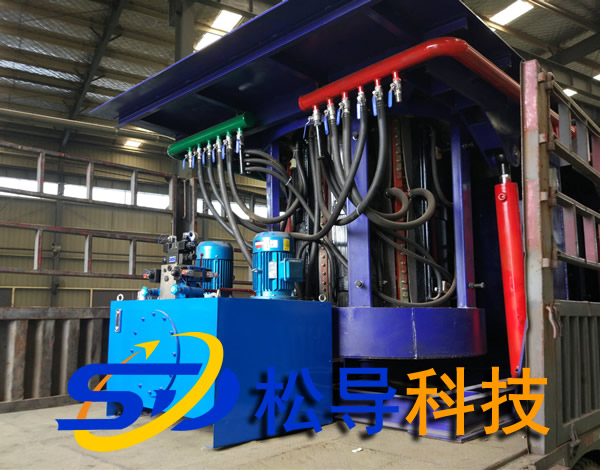
Small steel melting furnace
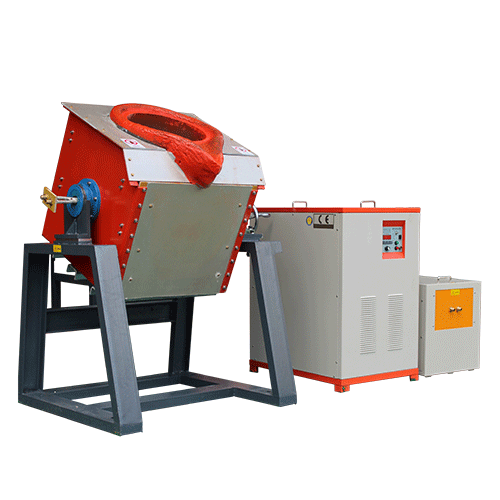
Small induction melting furnace
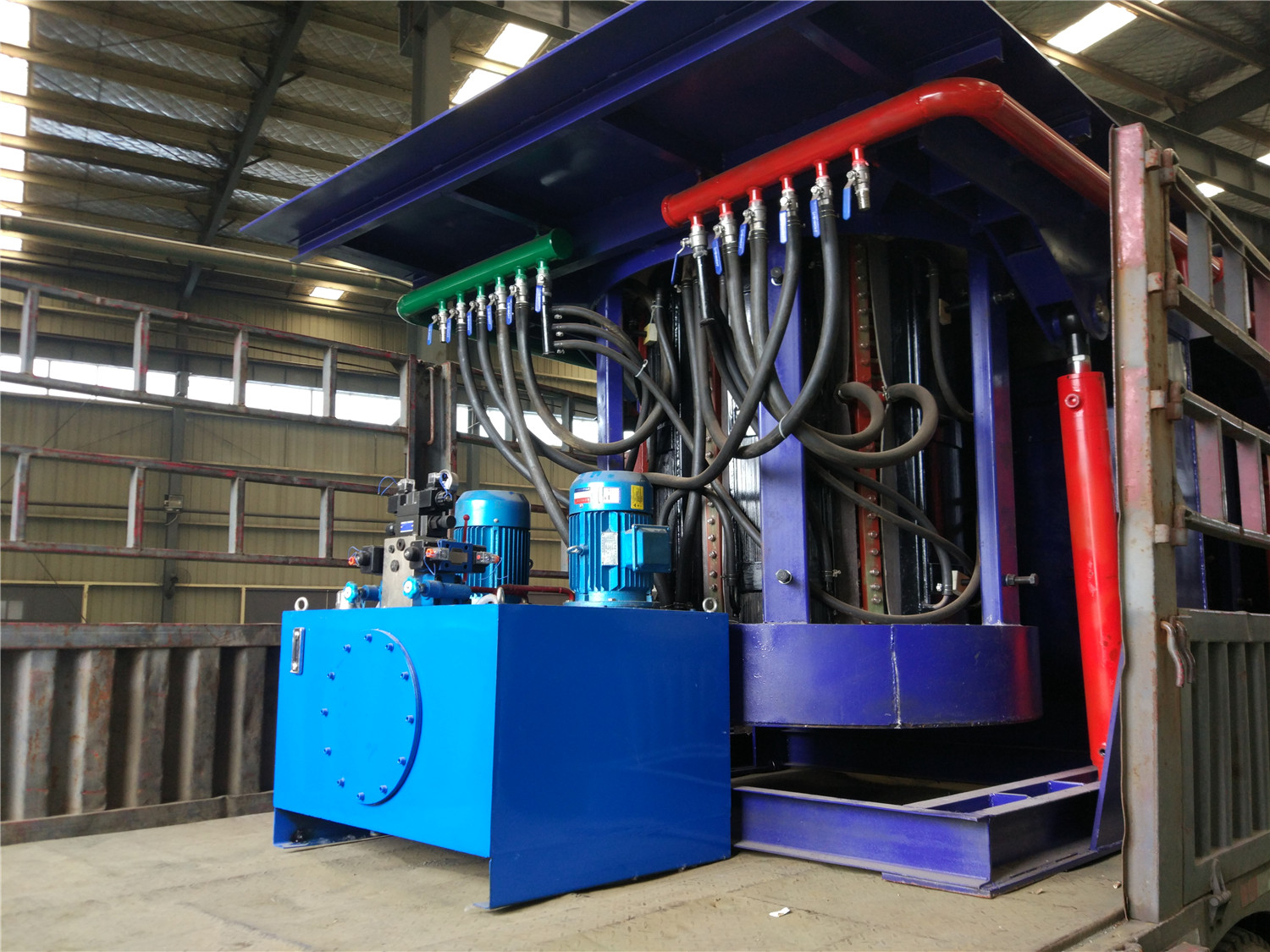
Induction iron furnace
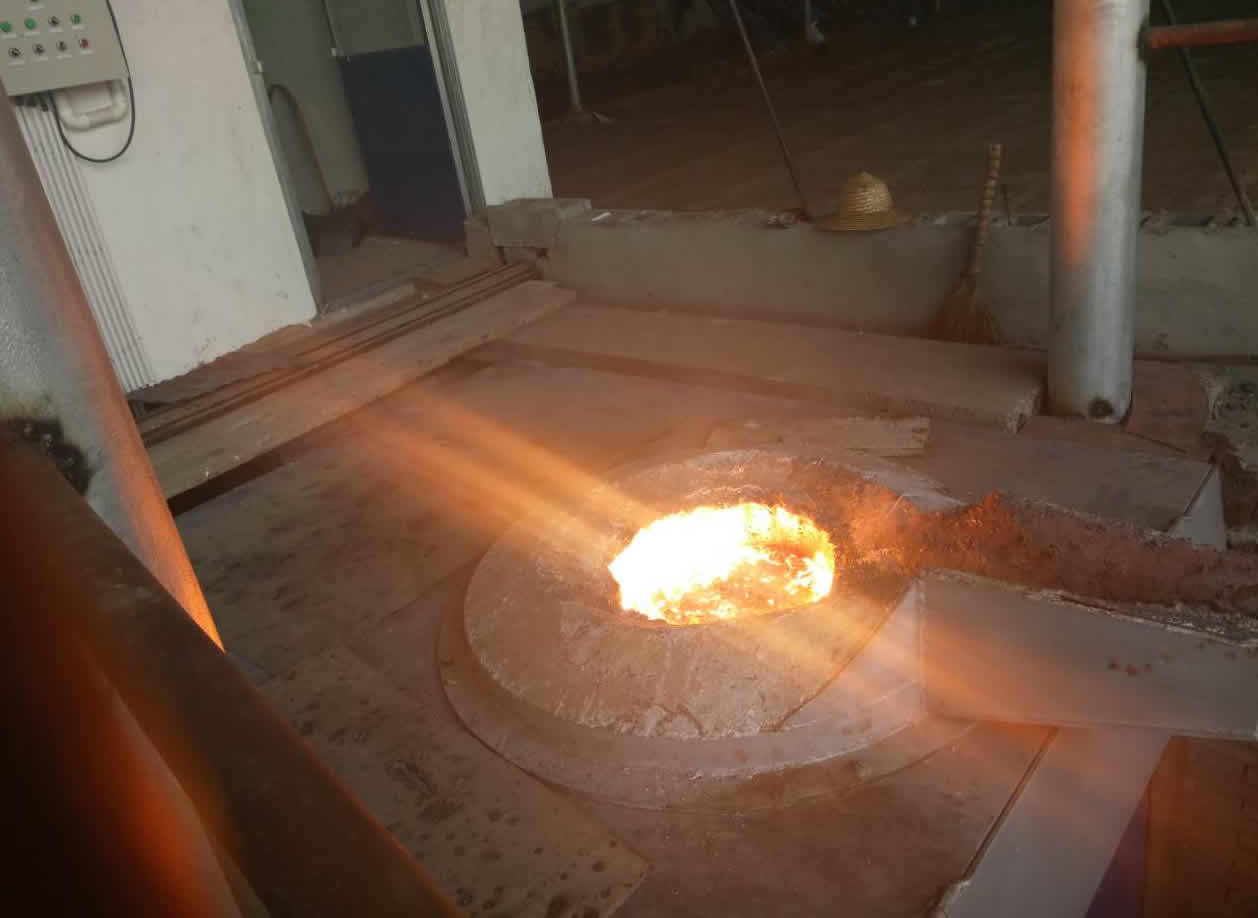
3T intermediate frequency iron melting f
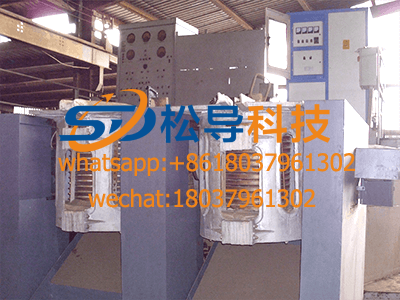
0.25T Intermediate Frequency Furnace
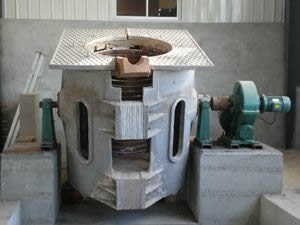
0.5T Intermediate Frequency Furnace
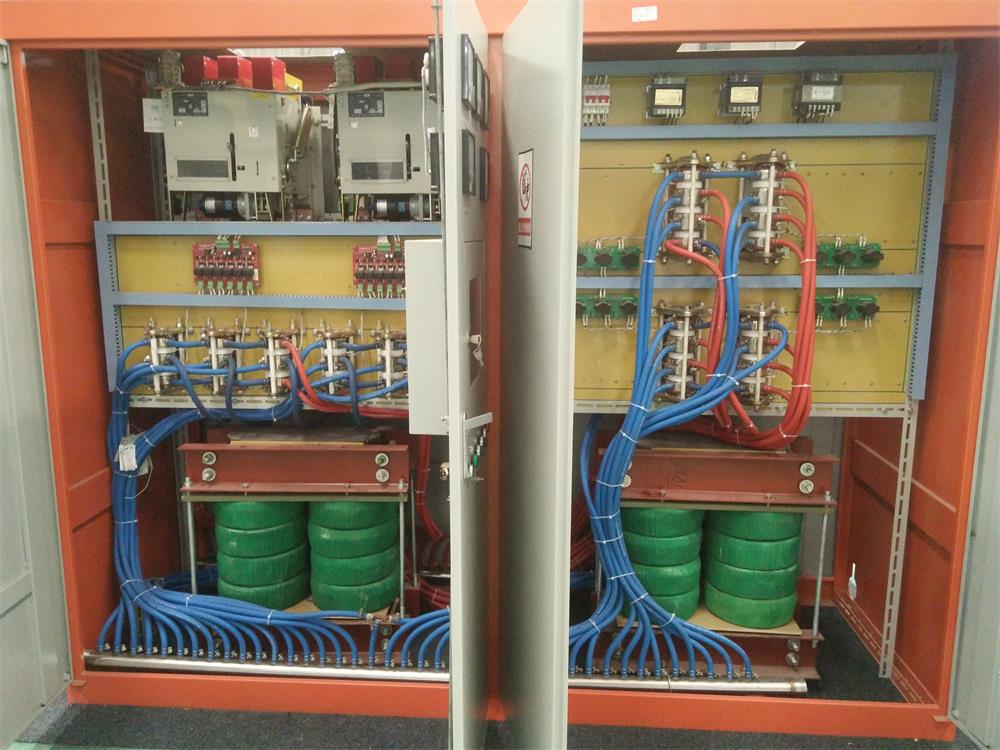
Medium Frequency Furnace

2T Induction Melting Furnace
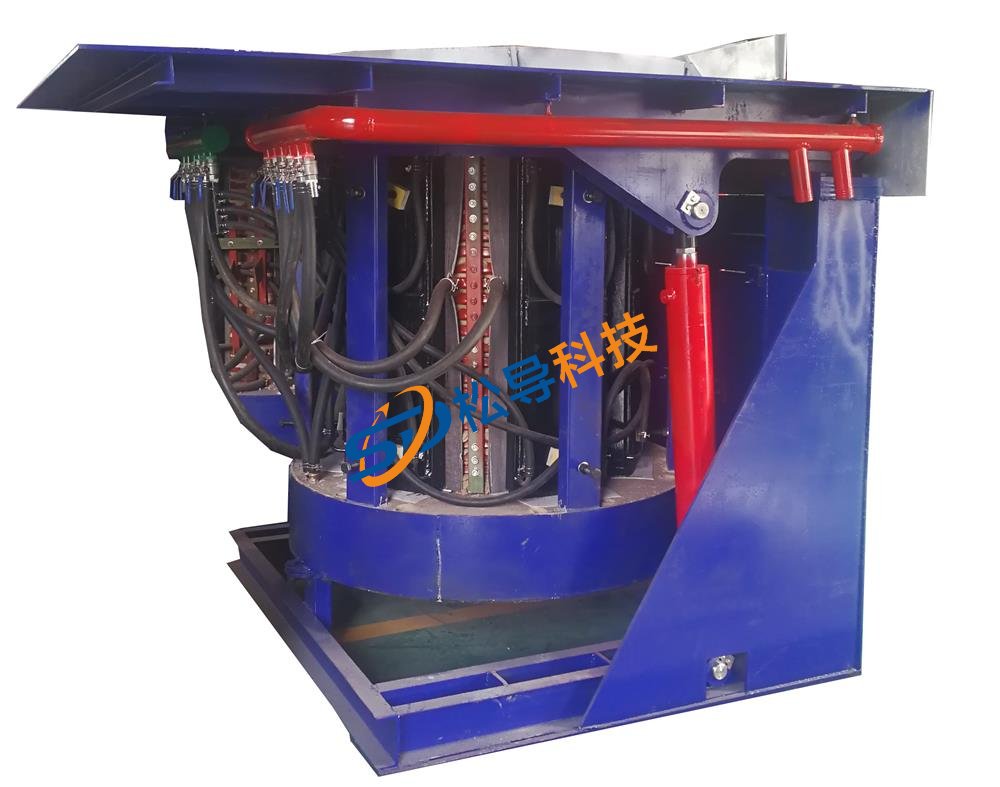
1T Induction Melting Furnace
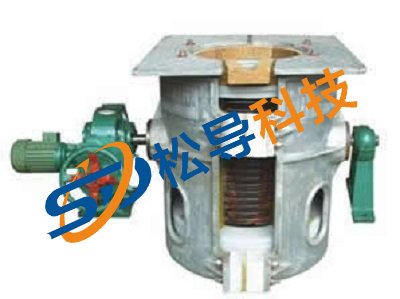
500kg Induction Melting Furnace
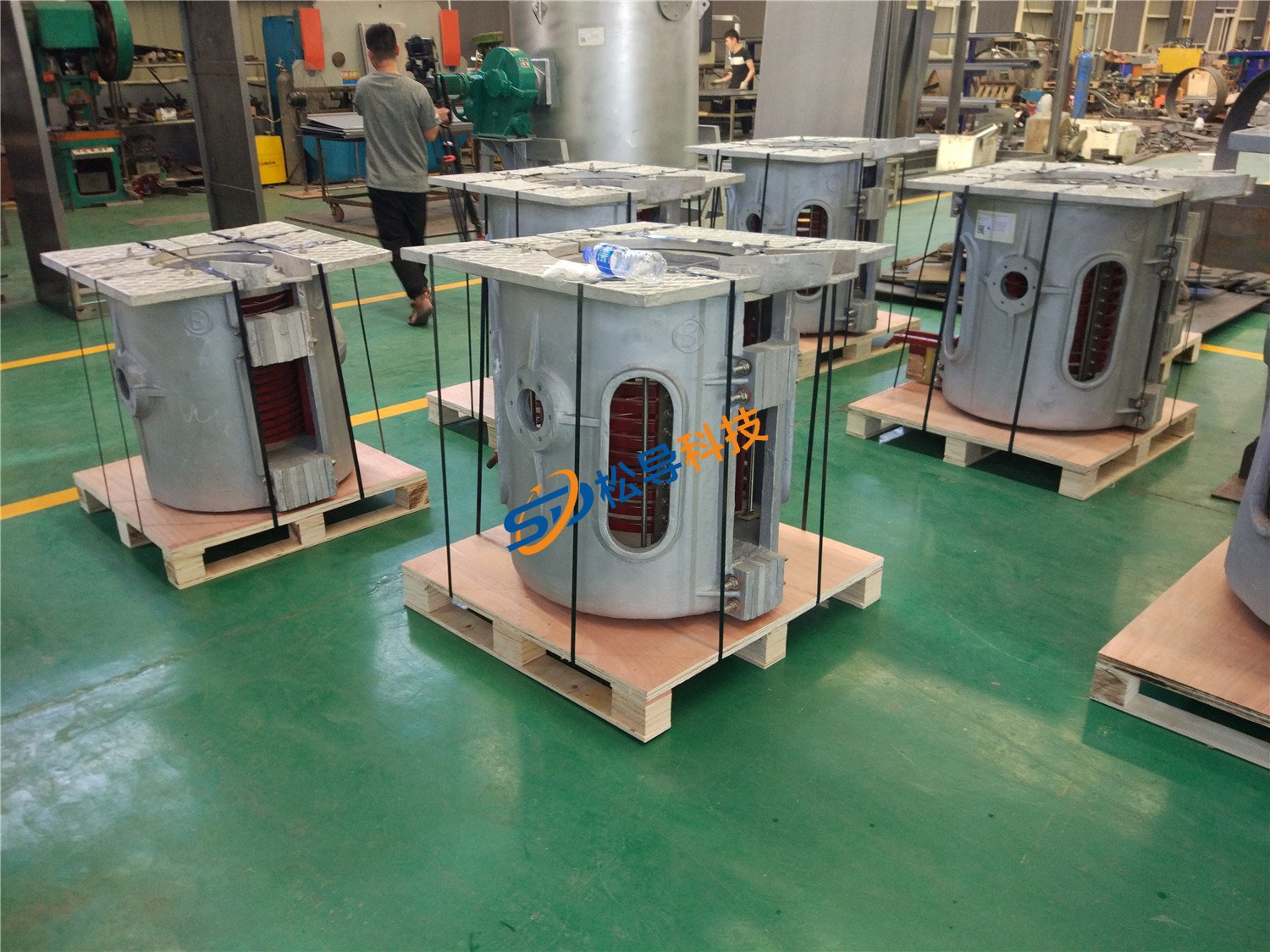
250kg Induction Melting Furnace
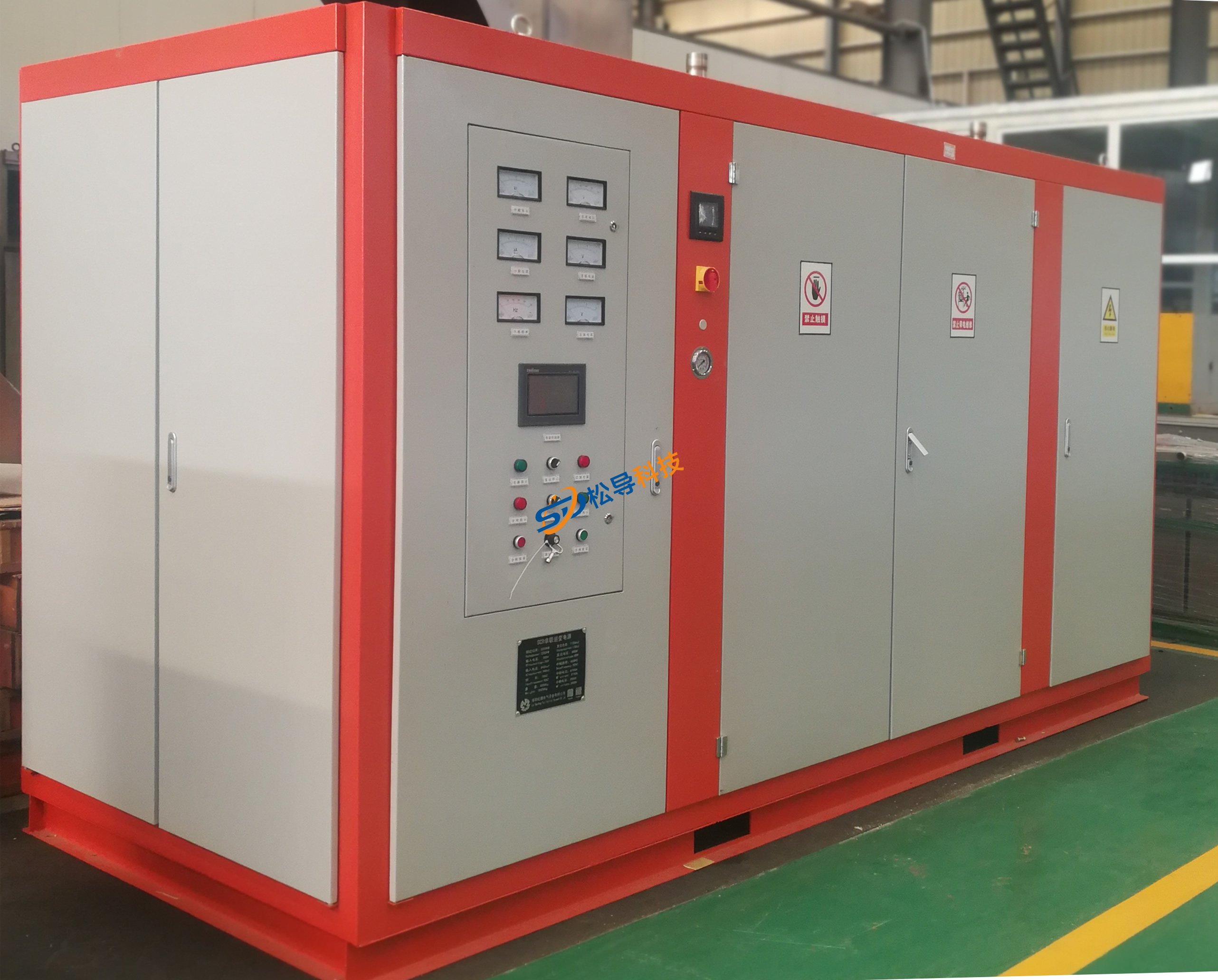
Induction Melting Furnace
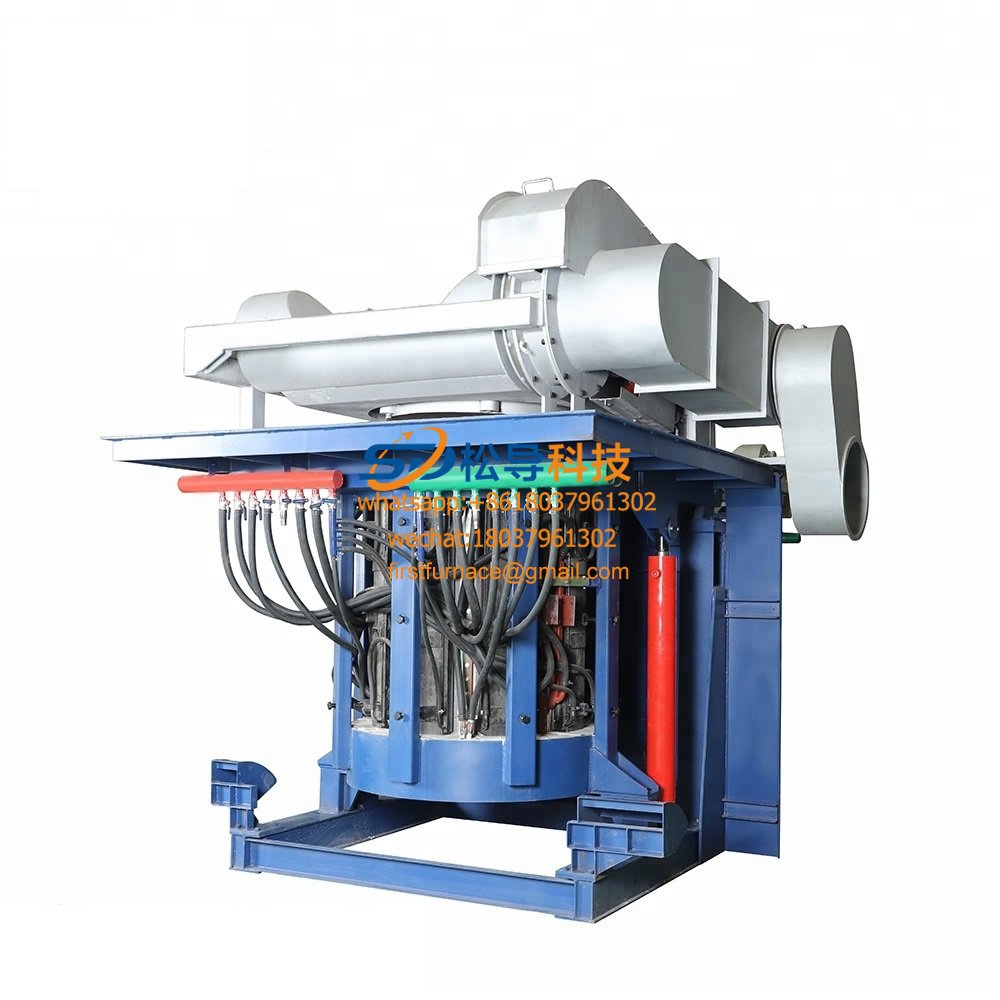
3 T Induction Melting Furnace
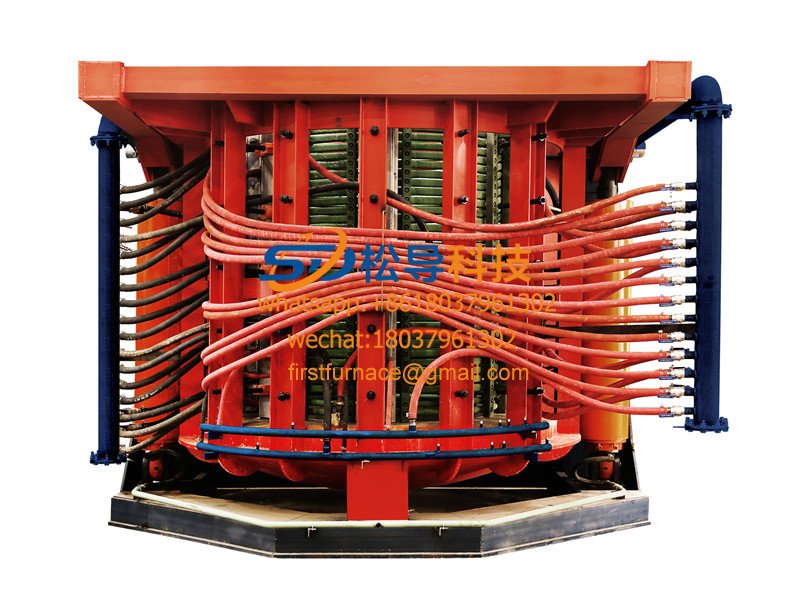
5T Induction Melting Furnace
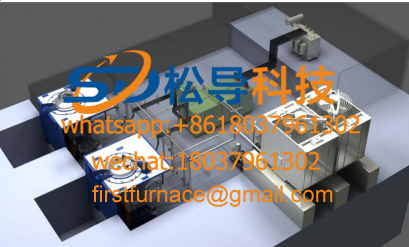
1T One Belt Two Intermediate Frequency F

5T One Belt Two Intermediate Frequency F
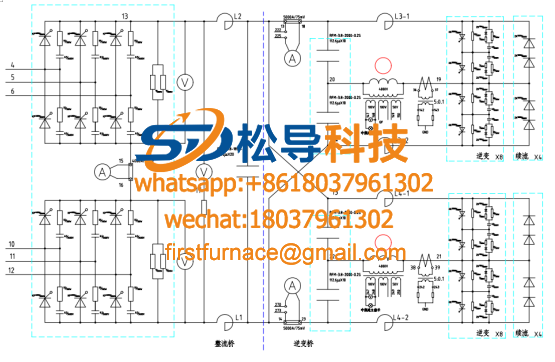
3T One Belt Two Intermediate Frequency F
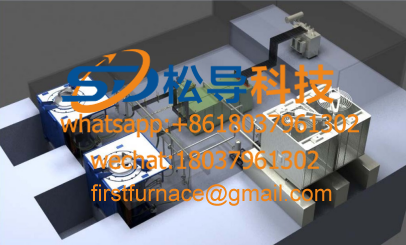
2T One Belt Two Intermediate Frequency F
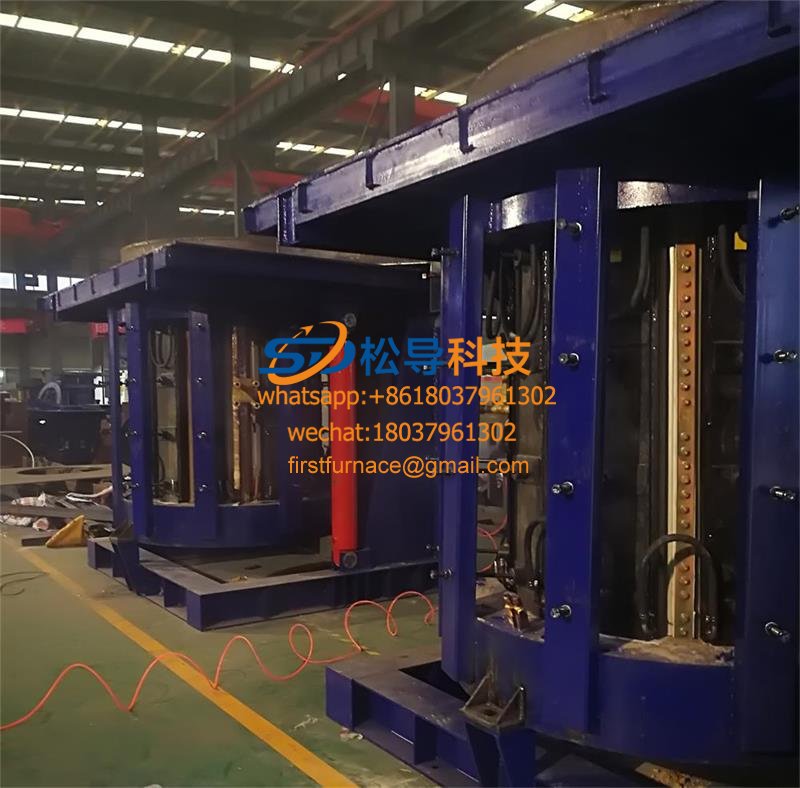
5T Parallel Intermediate Frequency Furna
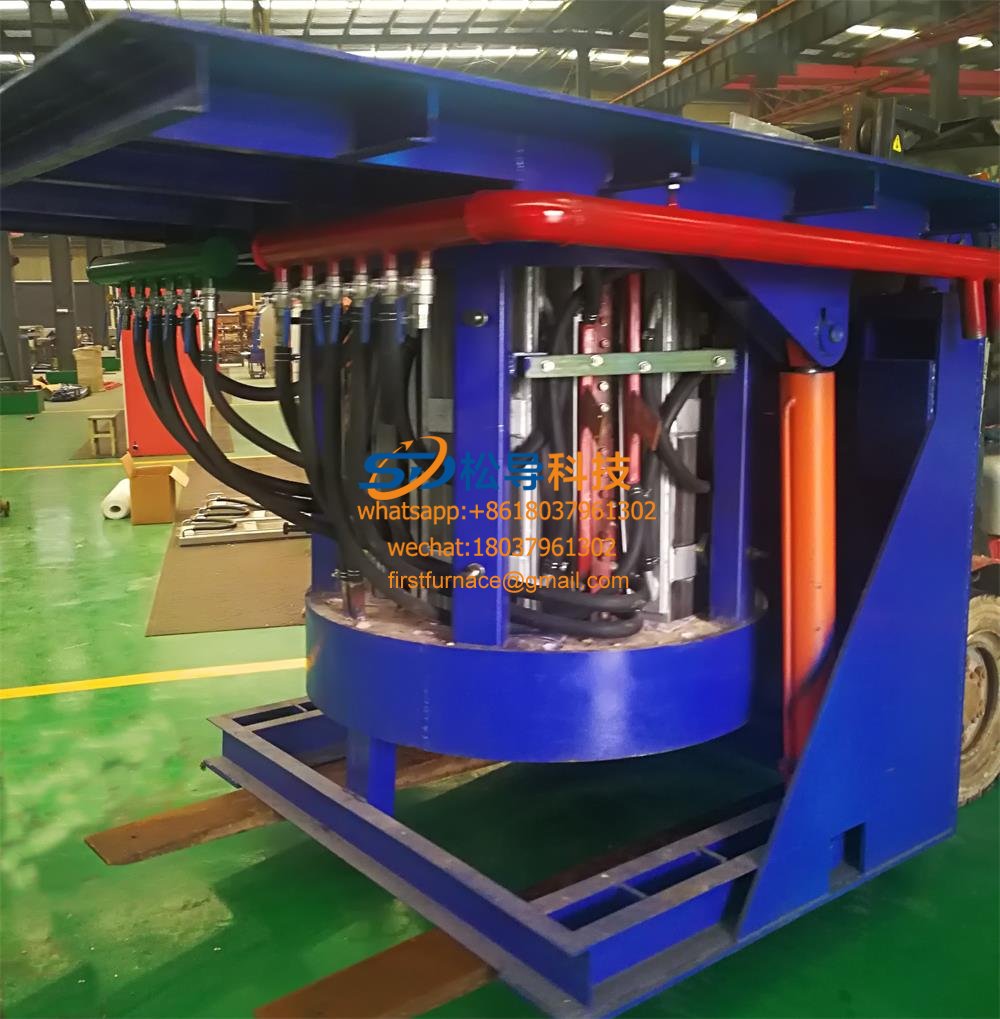
5T Intermediate Frequency Furnace

5T Series Intermediate Frequency Furnace
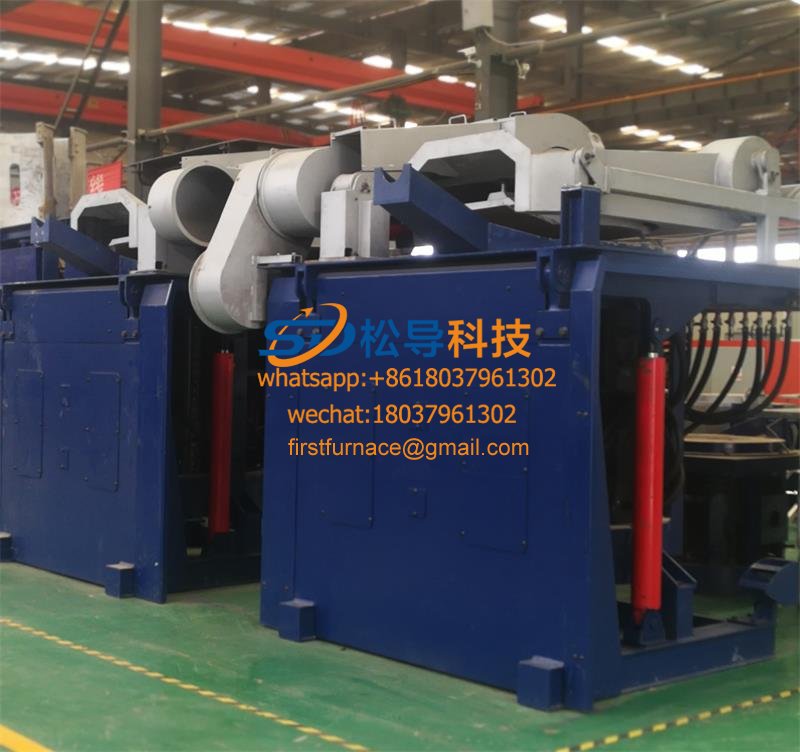
3T Series Intermediate Frequency Furnace
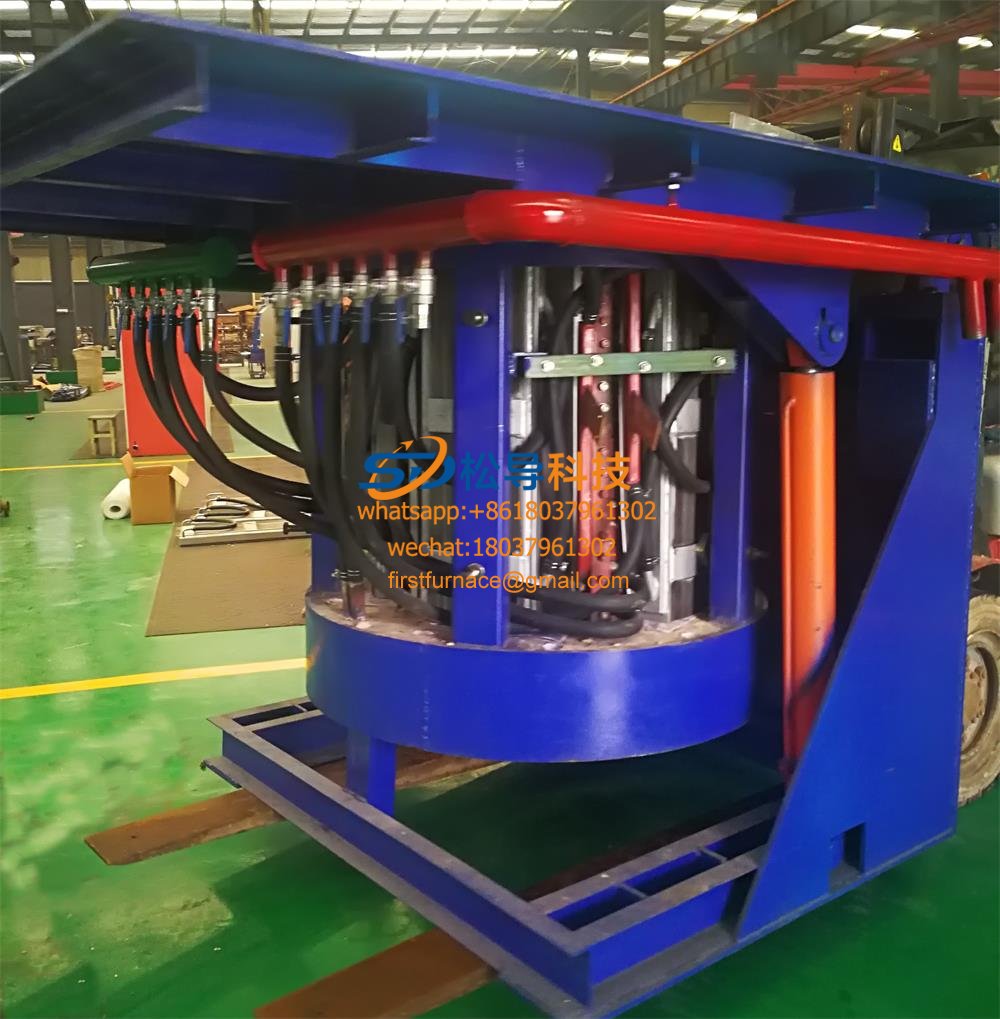
2T Series Intermediate Frequency Furnace
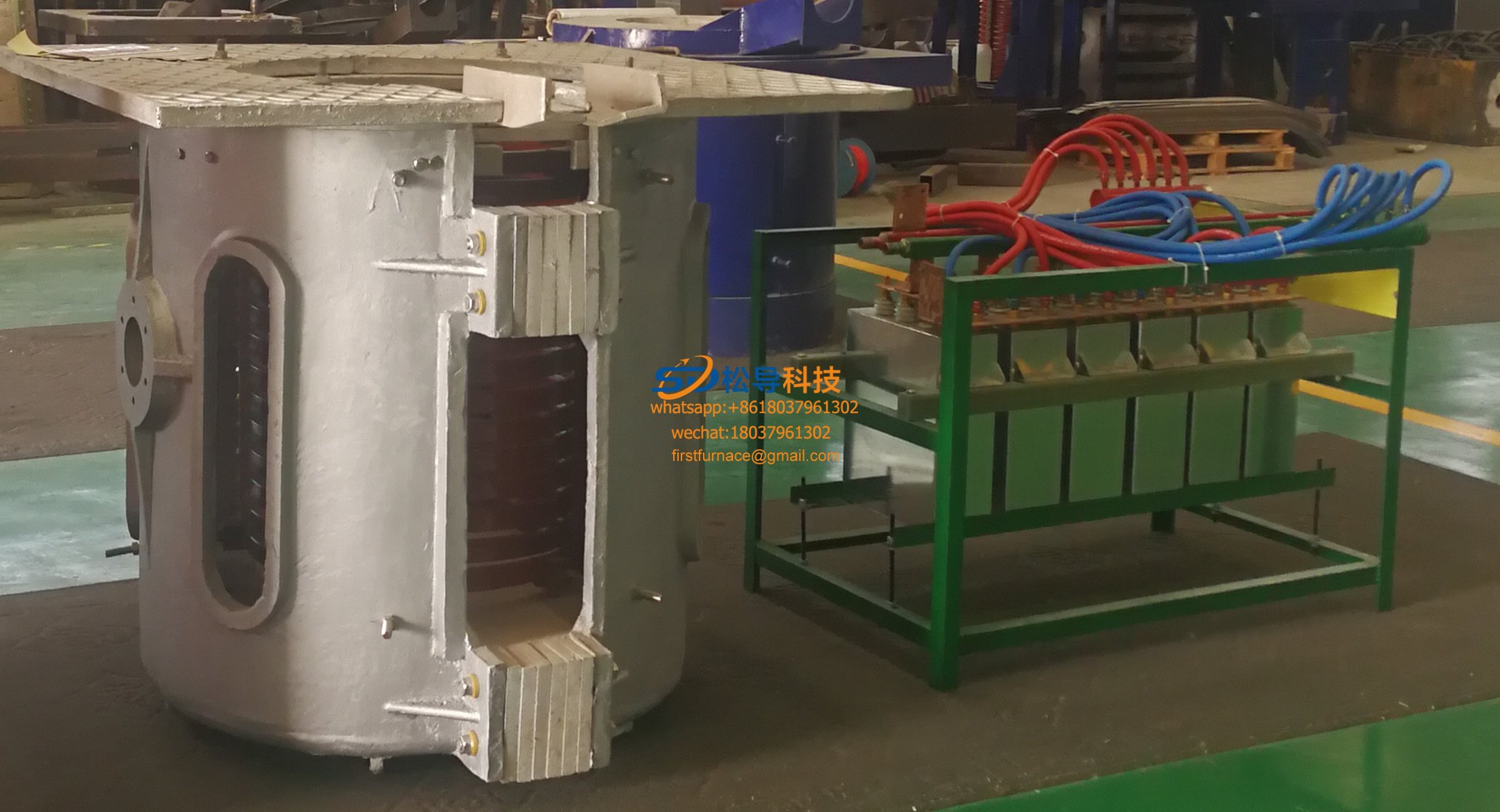
1T Series Intermediate Frequency Furnace
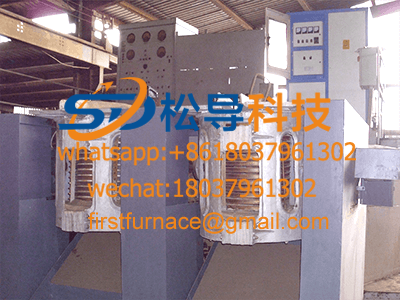
0.5T Series Intermediate Frequency Furna

0.25T Series Intermediate Frequency Furn
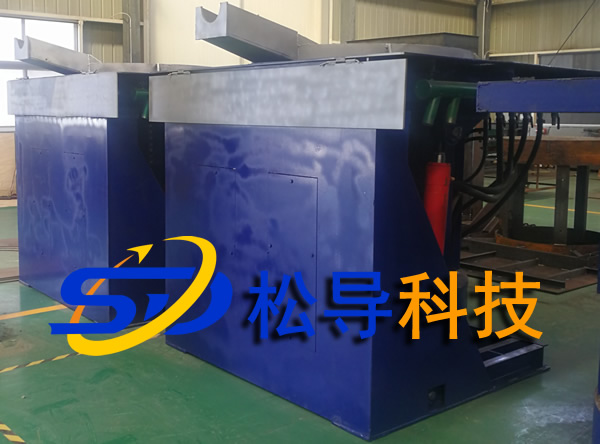
1T Parallel Intermediate Frequency Furna
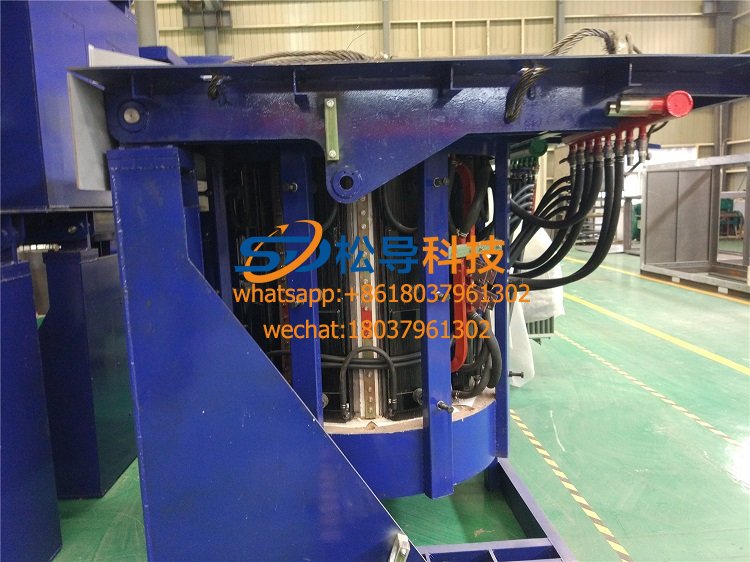
2T Parallel Intermediate Frequency Furna
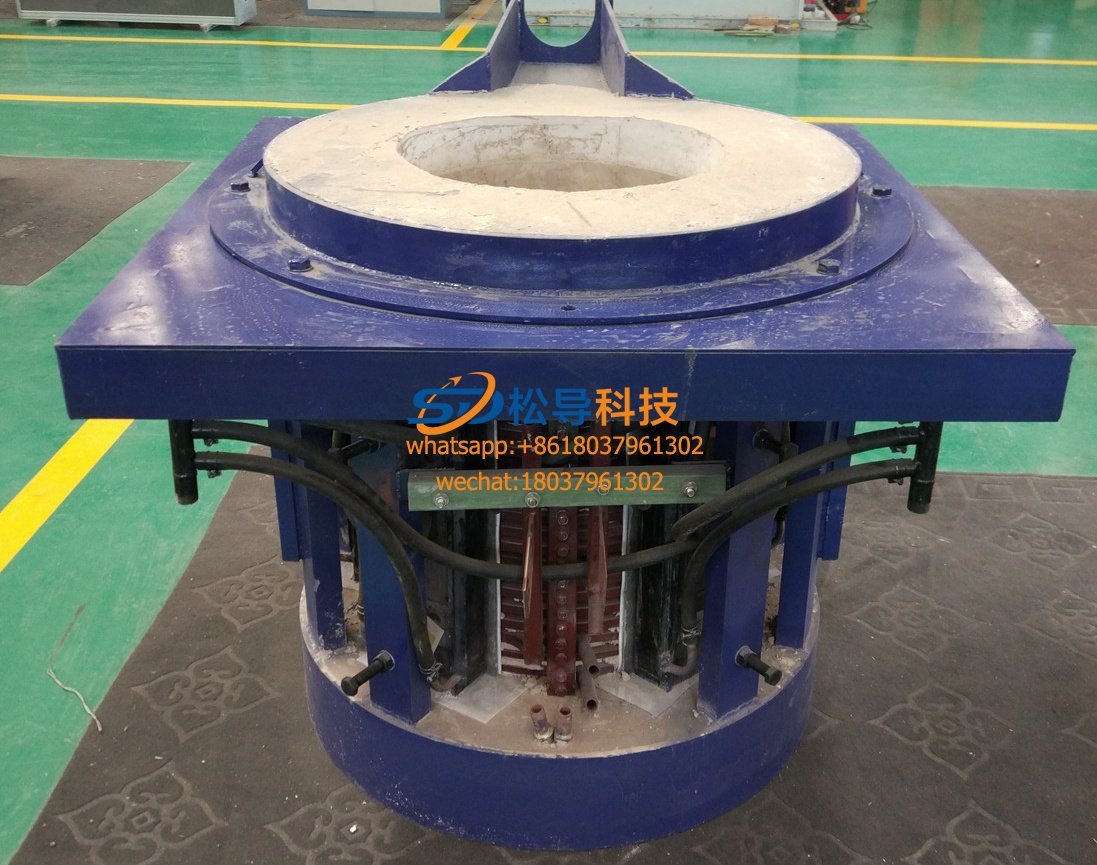
0.5T Parallel Intermediate Frequency Fur
Product Class






